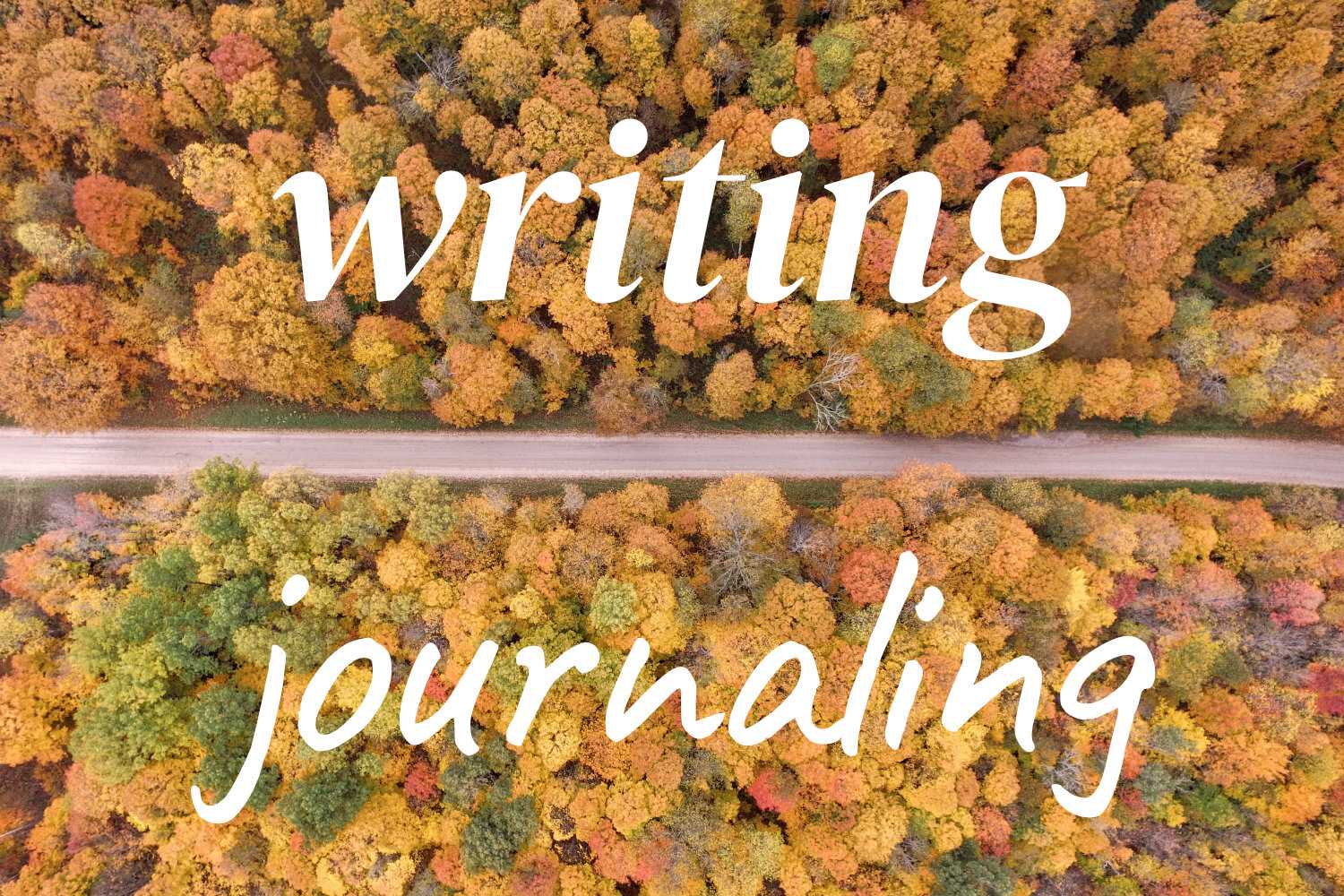The Writer’s Dilemma — Learning to Embrace Your Journal as Yours

For years — no, decades — I struggled with journaling. I distinctly remember a diary I was given for my twelfth birthday. It was cream with little red and pink flowers on the border and it had a bright golden lock, which had a key that I kept in a jewelry box. This was long before the personal computer would become part of my daily life, but this literal lock and key was a way to signify: whatever is in this journal is mine. Just mine.
Still, as I leafed through that journal recently, I saw a fledgling writer who was already suffering from one the writer’s truest ills: a desire to please her audience. I would cross out words to find better phrasing, apologize that I had “nothing to say,” and, when too much time passed between entries, I would start the next one with, “Sorry it’s been so long since I wrote last.” Sorry to, whom exactly? Remember the lock, and the key? There was no one tuning in for these posts, and it is not as though the journal itself had animated and wondered why I wasn’t feeding it with the thoughts and ideas of a pre-teen from the suburbs.
I wish I could say this was a fleeting fad — an immature way I had treated a diary as a pre-teen; something I grew out of easily. But the truth is that there were some very engrained things in my writerly soul motivating the interactions I had with that lock-and-key diary back then.
The first was a desire for an audience to like my words. I’ll admit that I was one of the stronger writers in my class and, therefore, was often on the receiving ends of kudos from teachers for phrasing in my school writing. Once a writer starts getting kudos, she looks for them everywhere. The same thing was motivating my desire to always be writing about something interesting — hence the, “Ugh, I have nothing to say today.” And lastly, the time that passed between entries. I was already feeling the nagging guilt writers feel because we never quite seem to write enough.
It took me a long time (a very long time) but I have finally been able to separate my journaling practice from my writerly soul. Journaling, after all, is not something that is only for people who consider themselves writers. It is a practice that helps people of all walks of life, and all abilities in writing, find some peace, solace, and mindfulness as they wade through their own lives. Those of us who consider ourselves writers, though, may have some extra ghosts in our closets that we need to combat in order to arrive at a place where a journaling practice can be part of our daily lives. Below are some tips I’ve discovered in my own journey.
Don’t set out to make art
Writers are taught, by themselves and by others, that they have a gift for writing things in ways that are eloquent, illuminating, or in some other way interesting. This may all be true, but when you sit down to write in your journal, don’t believe it. Or, at least, don’t believe it’s something you have to put thought into in order to have it happen. Instead, make your goal to be to record your thoughts, feelings, processing, or ideas about something in a way that is unfiltered. Unfiltered means not for an audience. Your goal should be to get the words out of your spirit and onto the page, where you can be free of them. Do not worry about what they look like. That is not the point. The point is that they are no longer gripping you from the inside.
Don’t give up
Some of my “I’m sorry I haven’t written so long…” posts in my childhood journal were bruises from something writers know all too well. When we’ve had a particularly difficult day of writing, it’s especially hard to come back to it the following day. With journaling, there’s no such thing as bad — the idea is not to capture your ideas in a way that is artful, but rather to capture them in their purest form. Still, it can be within the writer’s soul to put off writing something that may feel painful. Don’t let yourself off the hook. Show up.
Don’t try to be interesting
Have you ever seen a photograph of yourself that was taken on a totally mundane day in a stage of life totally different than the one you’re in now? Have you ever noticed the things you pick up on when looking at a photo like that? Wow, I look so young. Or, wow, I remember that sweatshirt. Or, wow, I look so happy there. Most photographs we have of ourselves were taken at completely ordinary moments, and yet in our later years, we pick up on nuances we never could have seen back then and all of a sudden, an ordinary photo feels quote poignant.
It can be the same with a journal. Your thoughts, feelings, emotions — these are things that feel very present, and can almost feel mundane, right now, but they’re things that will be out of reach to you someday when you leaf back through that journal. Don’t try to be interesting: just try to give that future you a real snapshot of this moment, right now.
If you are both a writer and a person who wants to start a journaling practice, hopefully the tips above will help you along your way. It can be hard at first, but keep at it and eventually, some of your writerly tendencies may melt off — at least when you are journaling!
